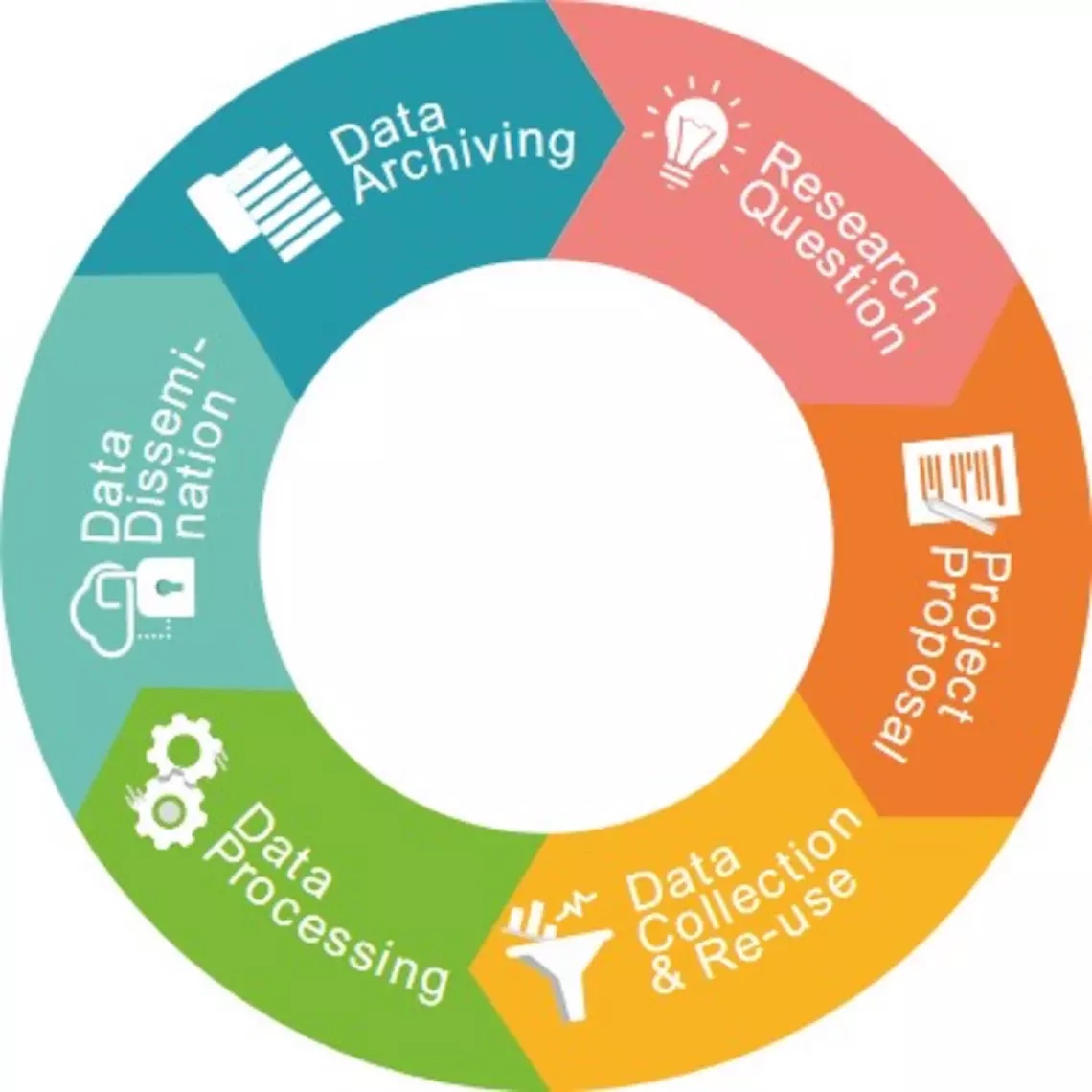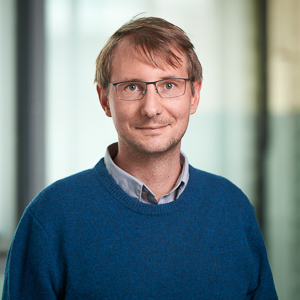Science cluster


Summary
The promotion of a European public sphere is critical for the cultivation of democratic discourse and opinion formation. In this context, discourse analysis offers profound insights into transnational media discourses, supported by multilingual and comparative perspectives. Recent advancements in discourse analysis leverage machine learning and corpus analysis, expanding the scope for cross-border linguistic research. However, the full potential of Open Research Data (ORD) for comparative, multilingual discourse analysis remains underutilised. The MORCDA project seeks to bridge gaps between comparative discourse researchers and open research data communities, facilitating the adoption of ORD practices and optimising research infrastructures (RIs) for enhanced comparative analysis across European languages and contexts.

Challenge
Open Science project, Main RI concerned
The promotion of a European public sphere is critical for the cultivation of democratic discourse and opinion formation. In this context, discourse analysis offers profound insights into transnational media discourses, supported by multilingual and comparative perspectives. Recent advancements in discourse analysis leverage machine learning and corpus analysis, expanding the scope for cross-border linguistic research. However, the full potential of ORD for comparative, multilingual discourse analysis remains underutilised.
Solution
MORCDA will bridge gaps between comparative discourse researchers and open research data communities, facilitating the adoption of ORD practices and optimising RIs for enhanced comparative analysis across European languages and contexts. It will do so through workshops with academic partners in Europe. In particular, it will focus on:
- Data and Metadata Standardisation and Access: Process linguistic data from diverse sources (media, parliament) using advanced computational tools to ensure compatibility and adherence to FAIR principles in, e.g., CLARIN.
- Best Practices and Tool Development: Identify needs within the comparative discourse analysis community and develop best practices and digital tools tailored for multilingual and comparative research.
- Community Engagement and Training: Develop targeted training materials to elevate ORD skills among comparative discourse researchers, promoting the integration of digital language resources.
Scientific Impact
The project will favour enhanced data utilisation by making extensive language data corpora more accessible and interoperable, facilitating deeper and more nuanced comparative studies across European regions. Moreover, it will contribute to community building by establishing a robust network linking ORD with comparative discourse analysts, supported by a platform offering ongoing training and resource sharing. Finally, RIs - particularly within the CLARIN community - will benefit from the project, and will adapt to support the needs of comparative research, influencing broader Open Science initiatives.
Principal investigator

Philipp Dreesen is Professor of Digital Linguistics and Discourse Analysis at the Zurich University of Applied Sciences (ZHAW). His research focuses on the connection between language use in discourse, digitalisation and society as well as corpus linguistics and ORD. He is co-head of the ZHAW Digital Discourse Lab and spokesperson for the network comparative discourse studies.

